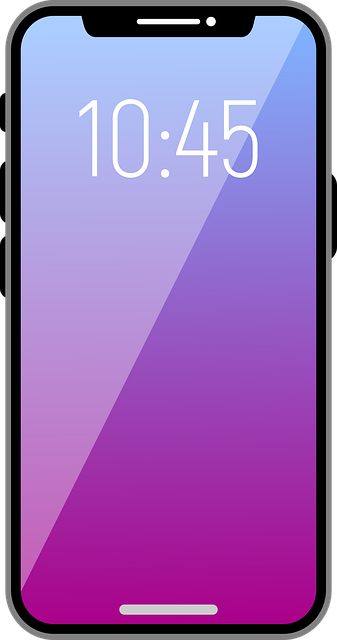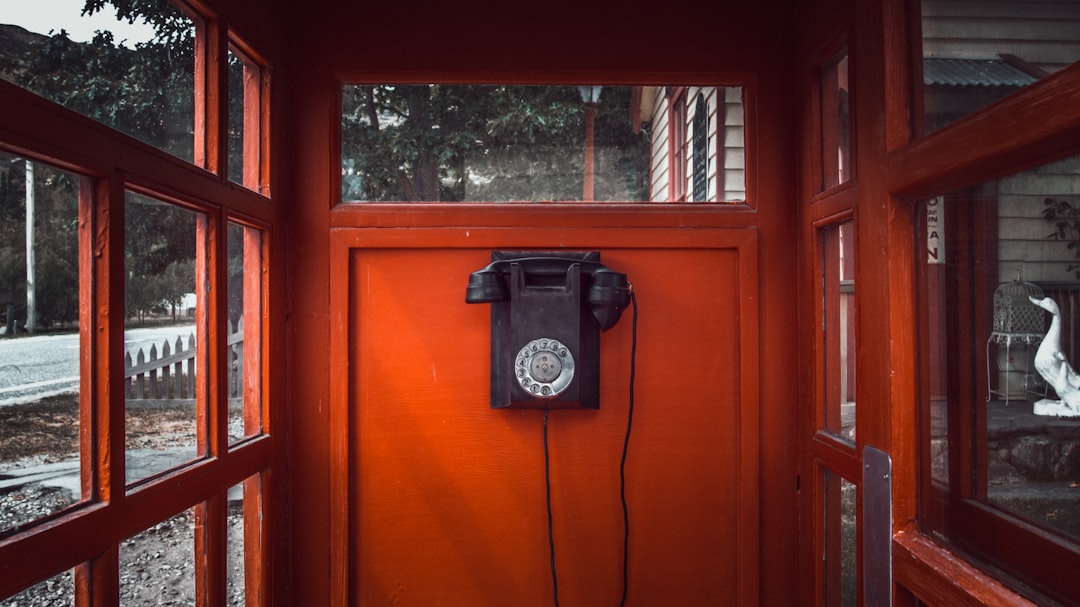West Virginians face spam calls, but protection is available through the Telephone Consumer Protection Act (TCPA) and the state's Attorney General's Office. Combating spam requires a multi-pronged approach: registering on the National Do Not Call Registry, blocking numbers, reporting suspicious calls, using anti-spam tools, and educating community members. Tech solutions include advanced call blocking apps, while legal assistance from spam call law firms West Virginia or spam call lawyers West Virginia specializing in TCPA cases offers comprehensive guidance and representation. Partnerships between local law firms and consumer protection agencies have successfully reduced spam calls, making West Virginia a leader in anti-spam efforts.
In West Virginia, spam calls remain a persistent nuisance, often disguised as legitimate communications. This article explores effective community initiatives to combat this growing issue, focusing on strategies that blend legal understanding with grassroots efforts. We delve into the ‘Understanding Spam Calls in West Virginia: The Legal Perspective’ and present actionable steps, including leveraging technology, partnering with local law firms for expert guidance, and successful real-world examples of spam call reduction initiatives. Learn how to stop spam calls in West Virginia and discover the resources available through top spam call law firms and lawyers specializing in TCPA compliance.
Understanding Spam Calls in West Virginia: The Legal Perspective
Spam calls are a pervasive issue in West Virginia, much like elsewhere across the nation. These unwanted and often fraudulent phone calls can range from pre-recorded messages promoting products or services to live salespeople attempting to sell items or solicit donations. While many states have laws in place to combat spamming, West Virginia has specific regulations tailored to protect its residents. The Telephone Consumer Protection Act (TCPA) is a federal law that restricts the practices of telemarketers and provides citizens with tools to defend against spam calls. In West Virginia, the Attorney General’s Office plays a crucial role in enforcing these laws, ensuring that businesses comply with the TCPA.
Understanding the legal perspective on spam calls is essential for residents looking to protect themselves. A spam call law firm or spam call lawyers in West Virginia can offer guidance and represent individuals who have been victimized by these illegal practices. By knowing their rights under the TCPA, West Virginians can take proactive measures to stop spam calls, such as registering on the National Do Not Call Registry, blocking numbers, and reporting suspicious calls to the Attorney General’s Office. These steps not only empower residents but also contribute to a more aware and protected community in West Virginia.
Effective Community Outreach Strategies for Awareness
Effective Community Outreach Strategies for Spam Call Awareness in West Virginia involve engaging citizens directly and educating them about how to stop spam calls. One successful approach is leveraging social media platforms to spread awareness about the latest anti-spam call tools and laws, such as those enforced by a reputable Spam Call law firm West Virginia or lawyer specializing in TCPA cases in West Virginia. These legal professionals can provide guidance on how to file complaints with the Federal Communications Commission (FCC) and other relevant authorities.
Community events, workshops, and seminars are also powerful tools for reaching a wide audience. Hosting these sessions allows participants to learn practical tips on blocking spam calls and understand their rights under the law. Collaborating with local schools, community centers, and faith-based organizations can help ensure that messages about how to stop spam calls in West Virginia resonate with diverse demographics, empowering folks to take control of their phone lines once again.
Leveraging Technology to Combat Unwanted Calls
In the fight against spam calls, technology is a powerful ally. West Virginia residents can leverage advanced call blocking apps and software designed to identify and filter out unwanted phone communications. These innovative tools often use machine learning algorithms to adapt and improve over time, recognizing patterns and blocking known spammers. Many of these applications also allow users to report suspected spam calls, contributing to a dynamic database that helps keep the system effective.
Additionally, individuals can register their numbers on the National Do Not Call Registry, though this has limitations as it primarily targets telemarketers and not all spam calls. For more comprehensive protection, consulting with a spam call law firm West Virginia or spam call lawyers West Virginia specializing in TCPA (Telecommunication Consumer Protection Act) litigation is advisable. These legal experts can guide residents on how to stop spam calls West Virginia effectively and help them understand their rights under the relevant laws.
Partnering with Local Law Firms: Expert Guidance and Representation
Partnering with local law firms is a strategic move for West Virginia residents seeking to combat spam calls. These partnerships offer expert guidance and legal representation, which are invaluable when navigating the complex landscape of consumer protection laws like the Telephone Consumer Protection Act (TCPA). Local law firms specializing in TCPA cases can provide tailored advice on how to stop spam calls effectively.
With their deep understanding of state-specific regulations and industry trends, these lawyers become powerful allies in the fight against nuisance calls. They can assist in identifying violators, negotiating settlements, or taking legal action to secure damages for affected individuals. By engaging the services of a spam call law firm in West Virginia, residents not only gain access to professional support but also contribute to a broader effort to hold perpetrators accountable and educate businesses on responsible communication practices.
Success Stories: Real-World Examples of Spam Call Reduction Initiatives
In West Virginia, several community initiatives have successfully reduced spam calls, setting a benchmark for others to follow. One notable example is the collaborative effort between local telecom providers and consumer protection agencies, who joined forces to educate residents on blocking unwanted calls. This partnership resulted in a significant drop in spam call complaints, demonstrating the power of industry-consumer collaboration.
Additionally, local law firms specializing in TCPA (Telemarketing Consumer Protection Act) cases have played a crucial role. These lawyers have not only helped individuals enforce their rights against spam callers but also advocated for stricter regulations. Their involvement has led to increased awareness among potential spammers, making West Virginia a safer place for residents to enjoy peace and quiet without relentless telemarketing calls.






